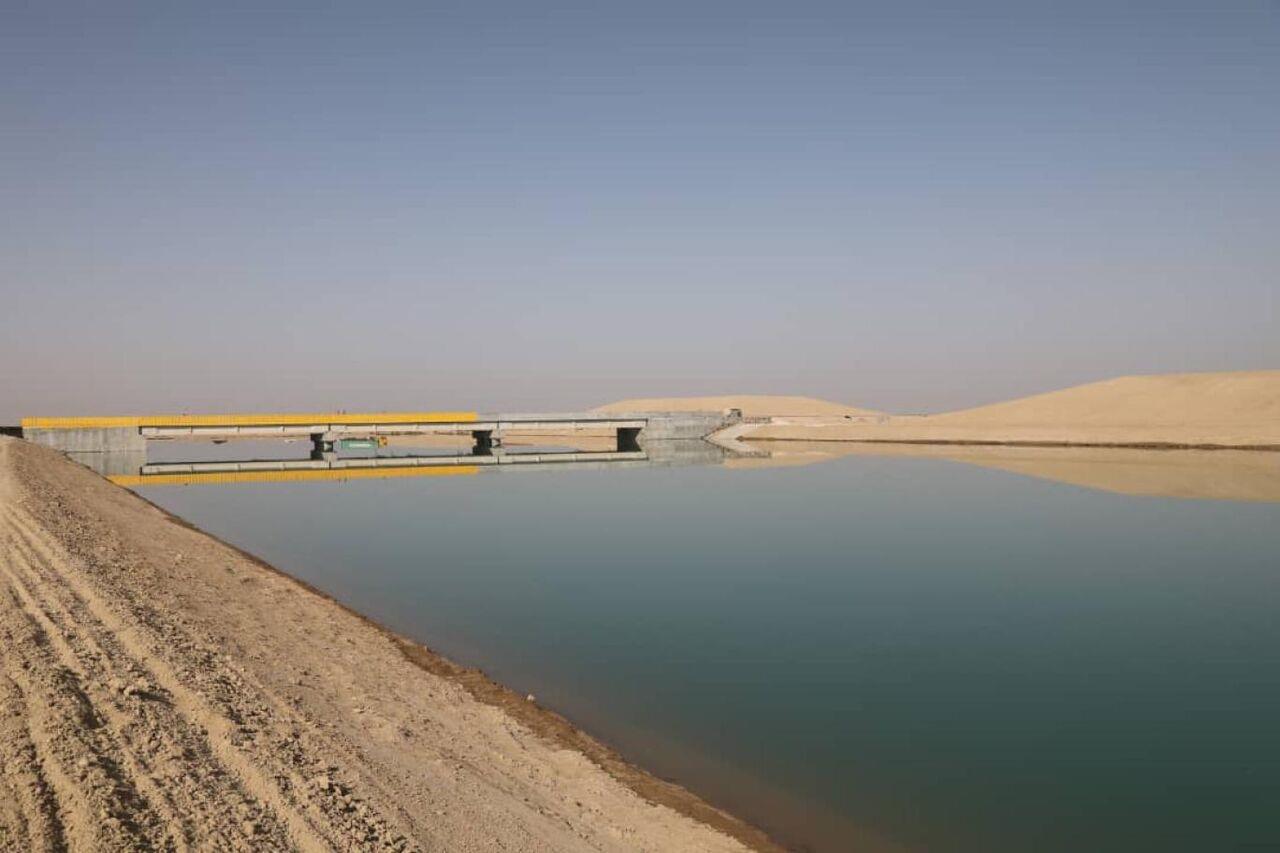
Uzbekistan Calls For Amu Darya Water Quotas Amid Concerns Over Afghanistan's Qosh Tepa Canal
Ismatullah Irgashev, the Special Representative of the President of Uzbekistan for Afghanistan Affairs, stated that using and managing the water of the Amu Darya without coordinating with the countries that have the right to use it is not feasible.
In his recent interview with Gazeta, Irgashev expressed the Uzbek authorities' concerns about the construction of the Qosh Tepa Canal, indicating that such canal-building efforts could pose challenges for managing the Amu Darya's waters in the future.
According to Irgashev, it is essential to consider the water extraction levels from the Amu Darya and the interests of the countries dependent on this water source. He emphasized the importance of equitable sharing.
Referring to the annual fluctuations in the Amu Darya's water levels, Irgashev stated,“Countries using the Amu Darya must either reduce their water shares or distribute them equally; this is the key issue.”
Irgashev also announced the formation of a joint committee to discuss the Qosh Tepa Canal and the management of the Amu Darya's water. According to him, this committee has held two meetings so far, one in Kabul and another in Mazar-i-Sharif, with the third session planned to take place soon in Tashkent.
Experts believe that any agreement on the allocation of Amu Darya's water should involve Afghanistan and all Central Asian countries that share this water resource. Dr. Najibullah Sadeed, a water resource expert, told Radio Azadi that“the principle of causing no significant harm to a neighbor or a shared water basin partner” must be a part of such agreements.
Irgashev affirmed that Afghanistan and its people have the right to utilize the Amu Darya just like other nations, and assured that a solution to these issues would be found with their close neighbor, the people of Afghanistan.
Mullah Abdul Ghani Baradar, the Deputy Prime Minister for Economic Affairs of the Taliban, assured Uzbekistan that canal construction would not lead to hostility between the two countries. He stated,“We will never harm the interests of the Uzbek people concerning water. The Qush Tepa Canal will never turn into a source of enmity between the two countries.”
Meanwhile, in September 2023, Uzbekistan's President Shavkat Mirziyoyev reacted to the construction of the Qush Tepa Canal, warning that it could fundamentally alter the pattern and balance of water usage in Central Asia. He called for the establishment of a joint working group to examine all aspects of the canal's construction and its impact on shared water resources.
The ongoing discussions around the Qush Tepa Canal underscore the delicate nature of regional water politics in Central Asia. As Uzbekistan and Afghanistan navigate these waters, the formation of a joint working group and diplomatic assurances from both sides signal efforts to address the growing concerns.
ShareFacebook Twitter WhatsApp Email Print Telegram
Legal Disclaimer:
MENAFN provides the
information “as is” without warranty of any kind. We do not accept
any responsibility or liability for the accuracy, content, images,
videos, licenses, completeness, legality, or reliability of the information
contained in this article. If you have any complaints or copyright
issues related to this article, kindly contact the provider above.

















Comments
No comment